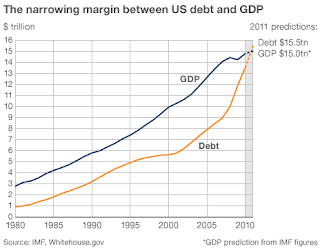Did street unrest damage the outlook for France?

Post date: 11 Feb 2019 As images of unrest in the streets of Paris and other French cities continue to flood in the European media, the data on France contained in our latest global forecast, published last week, painted a subtler but still concerning outlook for the French economy. GDP growth was at 1.5 per cent in 2018 and recent developments suggest that the acceleration in growth in 2019 that we were previously expecting may not occur. We have therefore downgraded our forecast of annual GDP growth from 1.9 to 1.6 per cent in 2019. Turner's famous yellow A broad range of surveys point to a marked and sudden deterioration in the business environment and consumer confidence. The business climate composite indicator, a survey of business managers compiled by INSEE, declined in December 2018 to a two-year low and the composite PMI dropped in December from 54.2 to 48.7, below the 50 mark which indicates expansion. Social protests represented by the ‘gilets jaunes’ movemen...





